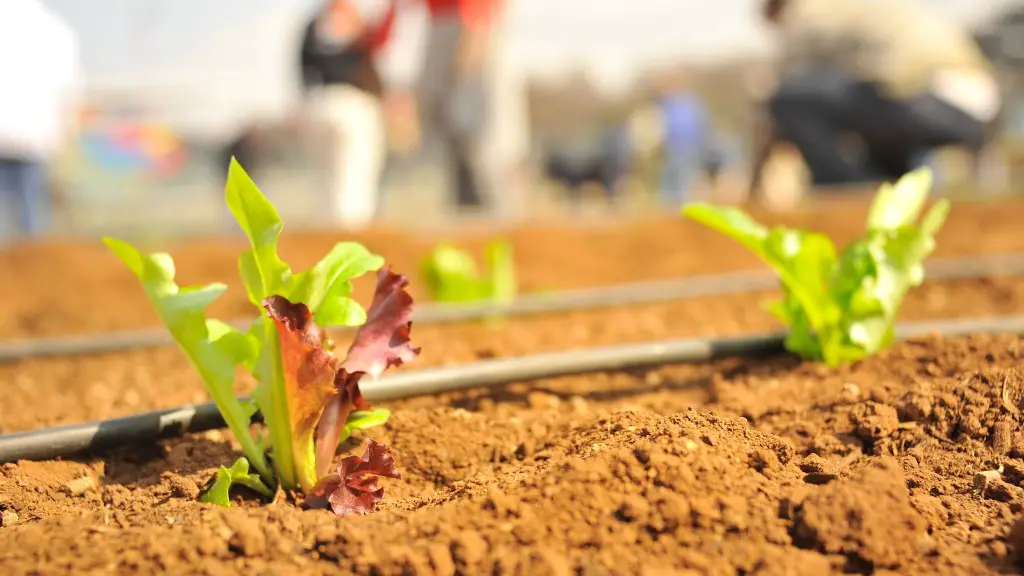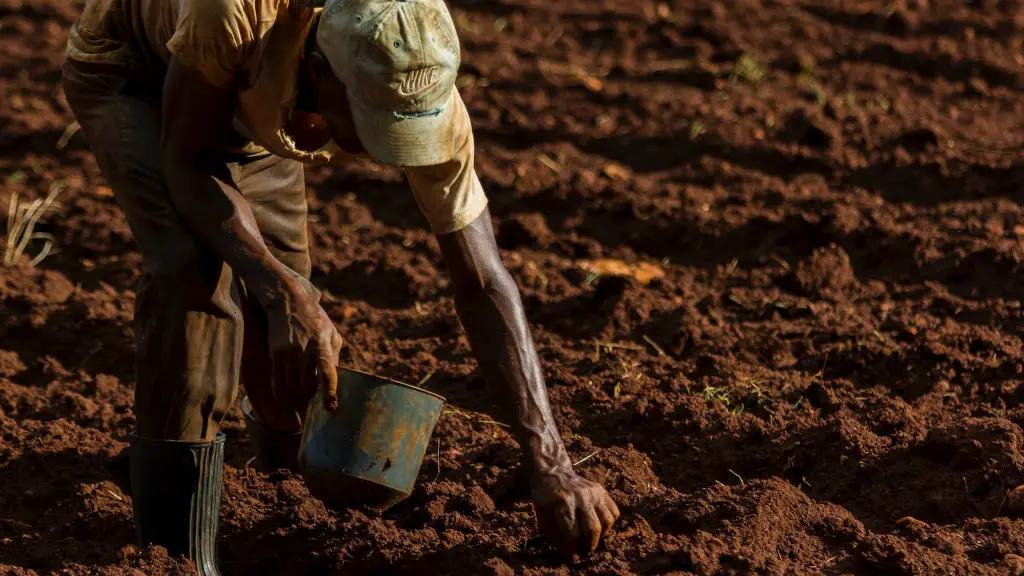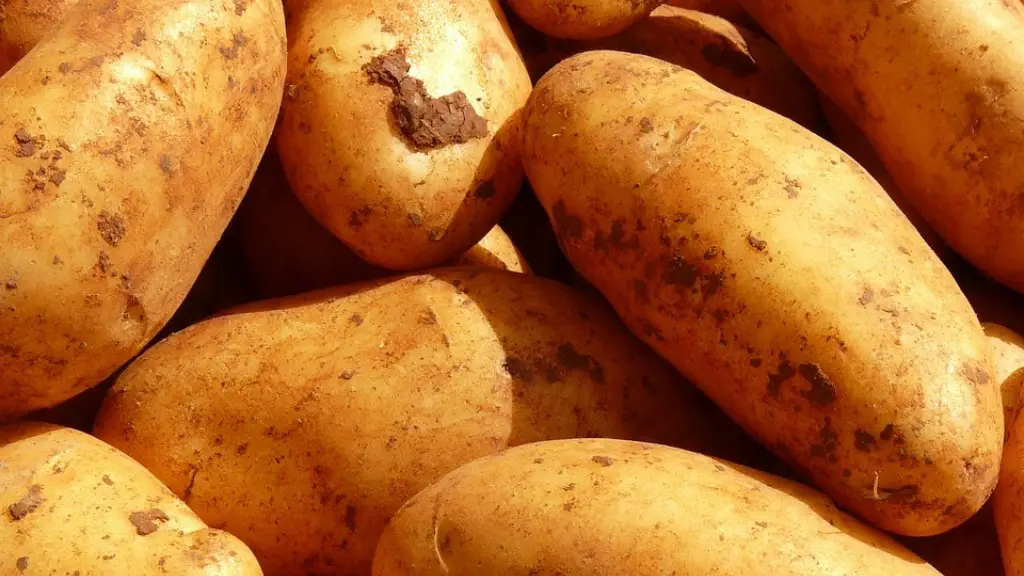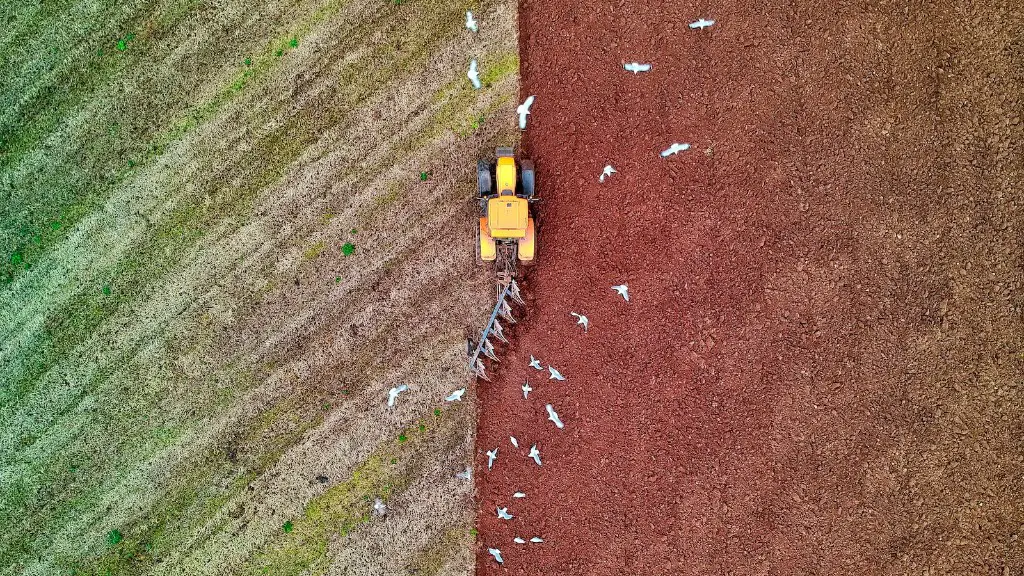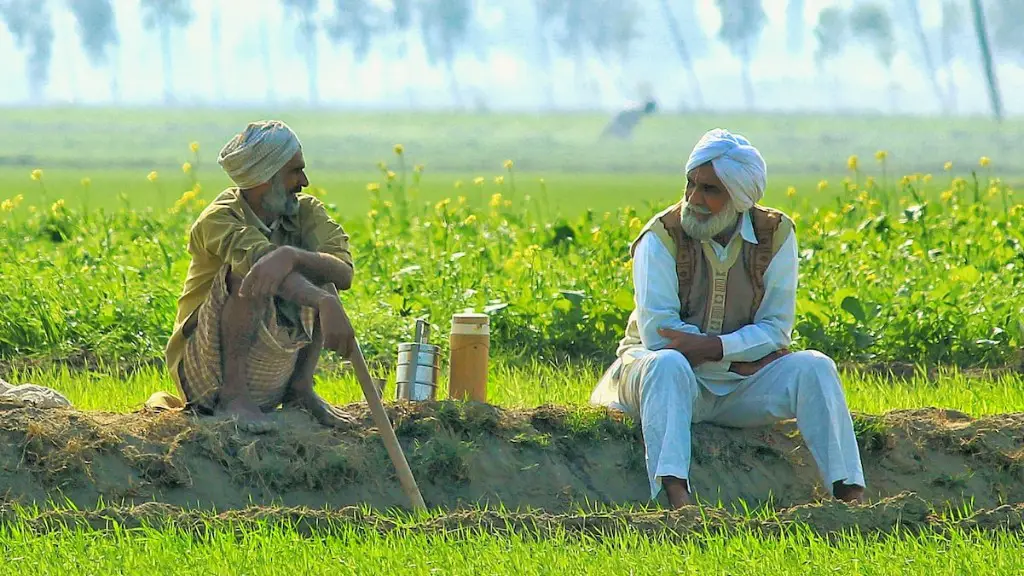Agriculture, food and natural resources play a vital role in human society. They provide us with the necessary resources for life, including food, water and shelter. They also play a crucial role in the economy, providing us with jobs and incomes. Agriculture, food and natural resources are also important for our environment and our health.
The study of agriculture, food, and natural resources encompasses a wide range of topics, from the soil and water used to grow crops to the production, processing, and marketing of food and other agricultural products. Agricultural and food scientists work in labs, in offices, and in the field. They may conduct research on farms or in agricultural experiment stations, universities, or private companies.
What is a job description of agricultural food and natural resources?
Agricultural workers are responsible for producing food, plants, and other agricultural goods. This may involve working on a farm, ranch, dairy, orchard, greenhouse, or plant nursery. Agricultural workers may also work in a clinic or laboratory as a scientist or engineer.
The workers in the agriculture, food, and natural resources cluster play a vital role in our society. They provide the food that we eat, the clothes that we wear, and the materials that we use to build our homes and businesses. They also work to protect our environment and natural resources. Without the hard work of these men and women, our world would be a very different place.
What does the agriculture, food, and natural resources Cluster include
There are seven career pathways in the Agriculture, Food, and Natural Resources cluster: agribusiness systems; animal systems; food products and processing systems; environmental service systems; natural resources systems; plant systems; and power, structural, and technical systems.
The agribusiness systems pathway focuses on the business aspects of the agriculture industry, including marketing, finance, and management. The animal systems pathway focuses on the care and management of animals, including both livestock and pets. The food products and processing systems pathway focuses on the production and processing of food, from farm to table. The environmental service systems pathway focuses on the management of natural resources, including both renewable and nonrenewable resources. The natural resources systems pathway focuses on the conservation and sustainable use of natural resources. The plant systems pathway focuses on the production of crops, including both food and ornamental plants. The power, structural, and technical systems pathway focuses on the maintenance and repair of agricultural equipment and machinery.
The agricultural and food sectors play a vital role in the US economy, supporting over 211 million jobs across the country. This represents 105 percent of total US employment, making the industries critical to the nation’s economic stability and prosperity. The sector provides a wide range of opportunities for employment, from farming and ranching to food processing and distribution. With a strong focus on producing quality food and products, the sector is also a major contributor to the US trade balance, generating over $200 billion in exports each year.
What is a career in natural resources?
Natural resource jobs are those that involve research, education, management, use, and conservation of different natural resources, including water, land, plants, soil, and animals. Natural resources are important for maintaining the health of ecosystems and providing people with food, water, and other necessary materials. Jobs in this field are important for protecting and managing these resources.
Agricultural education is a great way for students to learn about agriculture, food and natural resources. Agricultural educators teach a wide variety of skills to students, including science, math, communications, leadership, management and technology. Agricultural education is a great way for students to learn about the world around them and how to best take care of it.
What are the importance of natural resources in agriculture?
Agriculture is a vital sector that helps to ensure food security for a growing population. However, it rests on three pillars where natural resources are concerned. These are the soil, the climate conditions and the terrain.
The soil is the growth medium for the plant, providing the nutrients and minerals needed for plant growth. The climate conditions supply the plant with sufficient water and heat, while the terrain enables the crop to be physically planted, to grow and to be harvested sustainably.
All three of these pillars are essential for successful agriculture. Without healthy soil, plants cannot grow. Without the right climate conditions, plants will not thrive. And without the ability to plant and harvest crops sustainably, agriculture will not be able to meet the demands of a growing population.
Agriculture plays a vital role in the economic growth and development of a country. It is the backbone of the economy and provides food and raw materials for industries. It is a major source of employment and income for the people. Agriculture also contributes to the foreign exchange earnings of a country.
What are examples of agriculture, food, and natural resources Careers select five options
There are many different career options available in the field of agriculture. Agricultural engineers work to develop and improve agricultural systems and products. Nursery and florist businesses are responsible for the production and sale of plants and flowers. Horticulturists work to develop and maintain gardens and landscapes. Food scientists work in the food industry to develop new products and improve food processing methods. Wildlife biologists work to study and conserve wildlife populations.
Career clusters can be a great way to explore different types of jobs that are related to each other. They can give you an idea of the different types of careers that are out there, and what kinds of jobs are in demand. Start with one of the clusters, like health care or construction, to learn more about what it involves and the different careers it offers.
What is Principles of agriculture, food, and natural resources in high school?
The Principles of Agriculture, Food, and Natural Resources course will allow students to develop the knowledge and skills needed to pursue careers and educational opportunities in the agriculture, food, and natural resources industries. Through this course, students will gain an understanding of the global nature of these industries, the standards and practices expected by employers, and the personal skills needed to be successful in these fields.
Agriculture is one of the most important sectors in any economy. It is the main source of raw materials for industries, it is important for international trade, and it is a big contributor to a nation’s revenue. Agriculture also provides employment for a huge number of people, and it is crucial for a country’s development. Additionally, agriculture can help heal the environment, and it is often closely linked with war and conflict.
What are the five benefits of agriculture
Farming is a great way to live a healthy lifestyle. Many people who live in rural areas choose to become farmers so they can have a source of income. Farm work is very challenging and stimulating. It requires a lot of hard work and dedication. However, farming can be very rewarding. It can help develop younger generations and help the environment thrive.
Agriculture can help reduce poverty, raise incomes and improve food security for 80% of the world’s poor, who live in rural areas and work mainly in farming. The World Bank Group is a leading financier of agriculture, with a strong commitment to supporting sustainable and inclusive agricultural development. We provide financing, policy advice and technical assistance to governments and farmers, and invest in innovative projects that promote agricultural productivity and improve farmers’ incomes. We are also working to help build resilient food systems, so that people can weather shocks and access nutritious food all year round.
How do natural resources help the economy?
Natural resources are the basis for many different types of capital, including financial, social, and human capital. They contribute to economic growth and poverty reduction by providing revenue, income, and jobs. Natural resource-based sectors are often the livelihoods of poor communities.
Natural resource specialists are responsible for the management and conservation of natural resources. They work to protect sensitive habitats, develop regulations and guidance for natural resource use, and help protect lives and property from fire. They also inventory and monitor wildlife or vegetation, analyze and mitigate environmental impacts, and restore and protect threatened animals and plants.
What skills do you need to work in natural resources
There are many personal requirements that are important for a successful Natural Resource Manager. They include being interested in conservation and management of the environment, having good oral and written communication skills, being patient and able to persevere, and having good project management skills.
A degree in Natural Resource Management could be an excellent fit for someone who is passionate about the environment and enjoys working with others. With this degree, you will have the ability to plan, develop, and manage policies that will affect the way resources are used and interacted with. If you are interested in making a difference in the way we use and protect our natural resources, this could be the perfect major for you.
Warp Up
The mission of the Department of Agriculture, Food and Natural Resources is to improve the quality of life for all North Carolinians by enhancing their economic well-being, stewardship of the state’s natural resources, and promotion of a safe, healthy food supply.
The Agriculture, Food and Natural Resources cluster focuses on the production, processing, marketing, distribution, financing, and development of agricultural commodities and resources, including food, fiber, wood products, natural resources, horticulture, and other plant and animal products/resources.
